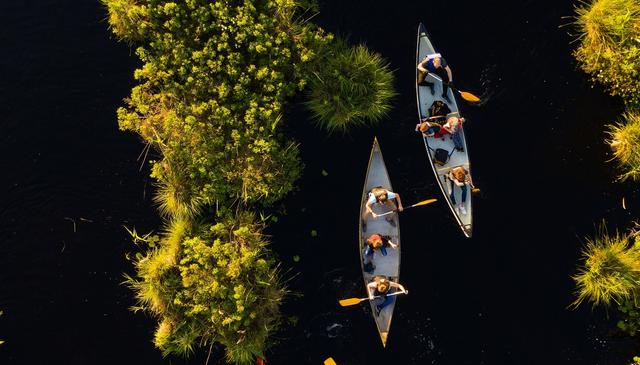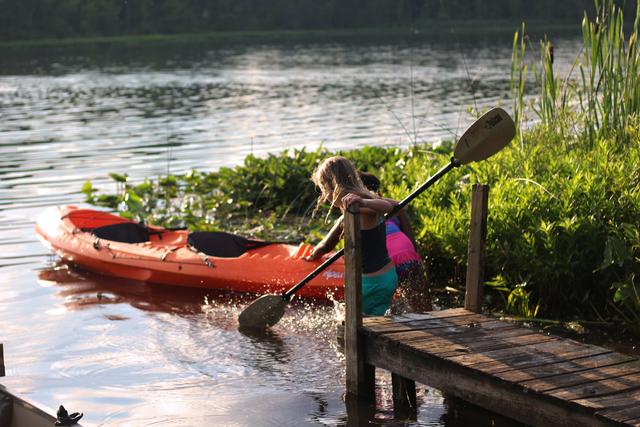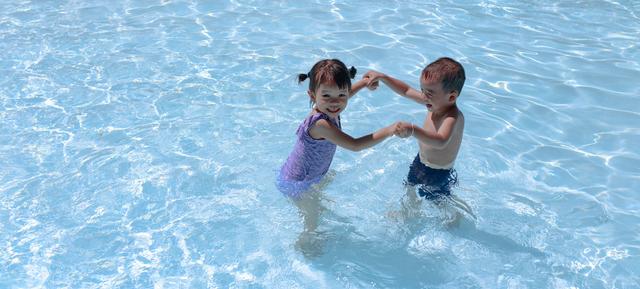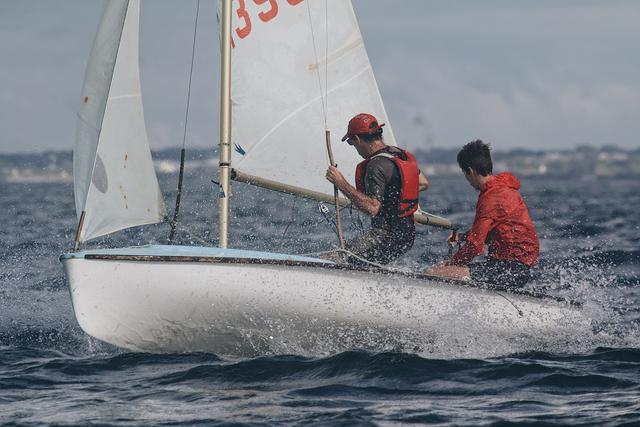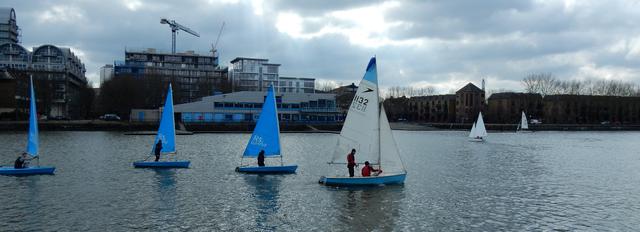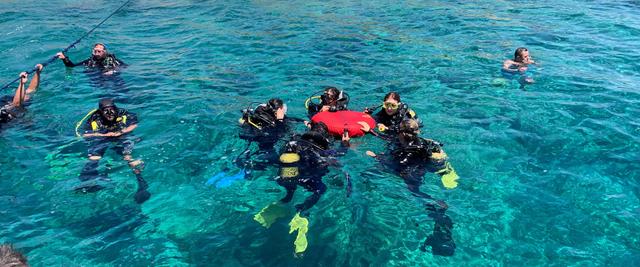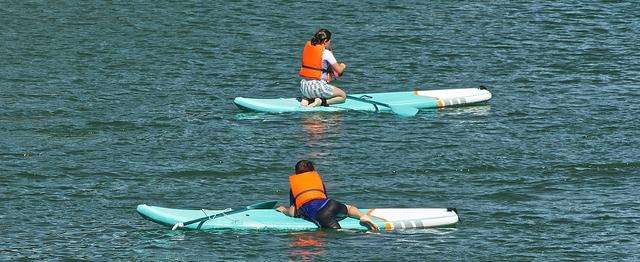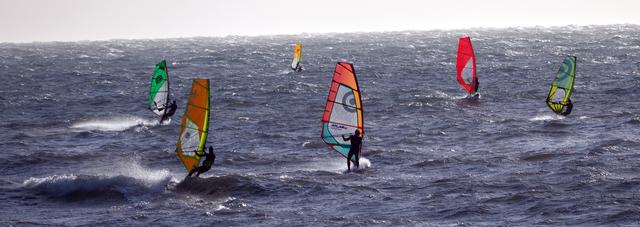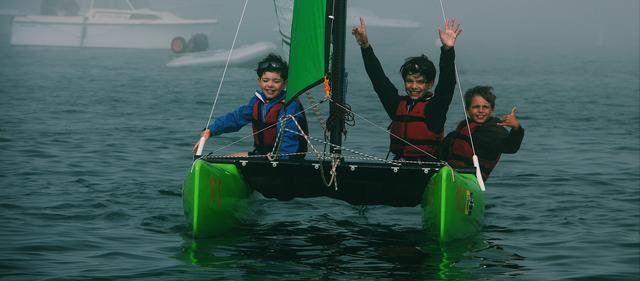Watersports Articles
Watersports For Kids In The UK
Watersports have long been woven into the cultural and recreational fabric of the UK, with a storied tradition that dates back to the 19th century. The initiation of organised watersports in the UK can be traced to the foundation of the Royal Yacht Squadron in 1815. This marked the beginning of sailing as a structured sport. However, the allure of the waters was not confined to sailing alone. Over the years, the UK, with its expansive coastlines, rivers, and lakes, has nurtured a diverse array of watersports.
By the mid-20th century, traditional activities like sailing were joined by newer, exhilarating sports such as windsurfing, kayaking, and water skiing. These activities flourished, thanks largely to the UK's geographical advantages, which provided the perfect playground for these sports to evolve and grow. Today, the spectrum of watersports available in the UK is broad, ranging from the serene practices of canoeing through quiet rivers to the adrenaline-pumping actions of jet skiing across open waters.
The evolution of watersports in the UK mirrors the country's commitment to fostering activities that are both enjoyable and enriching. Watersports activities offer an engaging way for children to experience the outdoors, developing skills that go beyond physical capabilities, encompassing personal development and environmental appreciation. These activities continue to attract a wide range of enthusiasts, from beginners to seasoned athletes, all seeking to explore the waterways of the UK in their unique ways.
The Benefits of Watersports
Watersports provide extensive health benefits for children, significantly enhancing both their physical and mental well-being. Engaging in activities like swimming, paddling, and sailing offers a full-body workout that helps in building strength, flexibility, and endurance. These activities are not just about physical fitness; they also play a crucial role in mental health improvement. The natural setting and physical activity help lower stress, anxiety, and depression levels, fostering a peaceful and positive mindset. Additionally, watersports challenge children’s mental faculties by urging them to learn new skills which boosts their overall confidence and resilience. Each learning milestone achieved through these sports translates into a sense of accomplishment and pride, enhancing self-esteem and emotional resilience. Moreover, the social environment of group watersports encourages important social skills such as teamwork, communication, and problem-solving. Participating in these activities under professional supervision ensures that children also learn crucial safety skills, making them responsible and aware individuals. Overall, watersports not only equip children with significant physical and psychological growth but also instil crucial life skills and safety awareness, making them a holistic activity choice for parents considering extracurricular options for their children.
FAQs
Q: What are the historical roots of watersports in the UK?
A: Watersports have a longstanding history in the UK, going back to the time of the Roman occupation, though organised activities began with the founding of the Royal Yacht Squadron in 1815. Initially focused on sailing, the scope of watersports in the UK expanded in the 20th century to include windsurfing, kayaking, and water skiing, thanks to its extensive coastlines and water bodies.
Q: How do watersports benefit the physical and mental health of children?
A: Watersports are excellent for enhancing physical fitness by building strength, flexibility, and endurance through activities like swimming and sailing. Mentally, they reduce stress and anxiety, improving overall mental health. Additionally, these activities provide a natural setting that enhances psychological well-being and fosters a sense of achievement.
Q: At what age can children start engaging in watersports, and what are suitable activities for different age groups?
A: Children as young as 3 or 4 can start engaging in simpler watersports such as swimming and kayaking, under appropriate supervision. More complex sports like windsurfing or water skiing are generally recommended for children aged 8 or 9 and above, always considering the child's individual capabilities and maturity.
Q: What essential safety measures should be taken when children participate in watersports?
A: Safety in watersports for children involves using the right equipment for each sport, like life jackets for sailing and helmets for water skiing. Parents should ensure their children are instructed by certified professionals and that they are constantly supervised. Knowledge of how to navigate potential hazards and emergency response is also crucial.
Q: Why is it advantageous for kids to be involved in organised watersports programmes?
A: organised watersports programmes provide structured and safe learning environments, which are essential for the effective learning and practicing of these sports. These programmes also facilitate social interaction, helping children to enhance their social and teamwork skills, and often provide pathways for further advancement and competition in various watersports.
